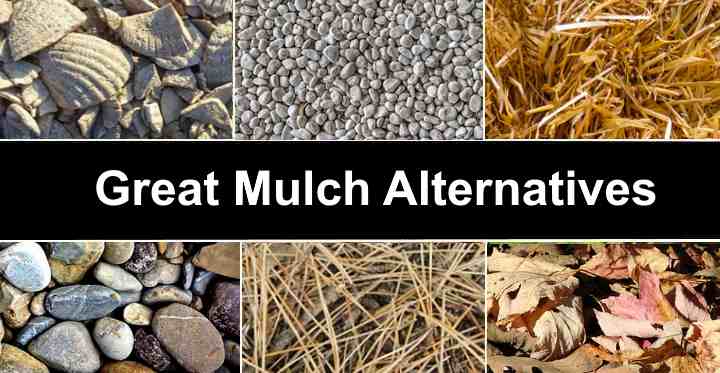Any serious gardener should have mulch on hand. Wood chips or shredded bark mulch, when placed on the ground, help to retain moisture, keep weeds at bay, and provide nutrients. Mulch alternatives, on the other hand, are often less expensive or free. Rock mulch, pebbles, crushed shells, straw mulch, and even compost may all be used as mulch substitutes for traditional mulch. Some of these alternative mulch ideas may outperform wood or bark chips depending on your yard.
Mulch such as little colorful rocks, pebbles, marble chips, and decorative stones may provide color and a garden aesthetic. Rock “mulch” may be all you need to give your yard a polished, professional look.
Rock mulch, crushed shells, pine needles, cocoa bean hulls, straw mulch, and cardboard are just a few of the many options for mulching that you can find in this article. You’ll also learn about leaf, grass, and newspaper mulch options, which are both free and low cost.
We’ll look at the benefits and downsides of organic mulch as well as using rocks in the garden since bark mulch substitutes can have varied impacts on soil and plants.
Rocks vs. Mulch–Which Is Better in Flower Beds and Around Trees?

Due to their appealing look, both wood-chip and rock mulch have advantages and disadvantages. Should you use mulch or rocks to enhance plant growth and make your garden lovely? When picking the right kind of mulch, there are a few things to think about.
Appearance — In lieu of wood chip mulch, white stone chips or pebbles are often used. White stones applied to flower beds or along lawn borders give a nice appearance. Traditional mulch, like decorative pebbles, loses its hue with time and has diminished aesthetic appeal.
Soil health — It’s evident that wood shavings or bark chips are superior for the soil when comparing mulch and rocks. Stones do not contribute any nutrients to the soil, while organic materials break down and introduce nutrients. Because they tend to make the soil alkaline, rocks may be even worse for the earth.
Cost — Flower beds with rocks or pebble mulch are initially more costly. Pebbles or gravel, on the other hand, may be a cost-effective long-term substitute for mulch since they don’t need replacing. Every one to four years, replacement bark or wood chip mulch is needed.
Garden maintenance — Bark mulch beats stones and pebbles in the category of preventing invasive weeds from sprouting. Unless you install a weed barrier between the earth and the stones, weeds will grow through rocks. Depending on your garden needs, you can choose between bark and rock mulch. So, before we discuss the value of rock mulch, let’s take a closer look at the benefits and drawbacks of organic mulch.
Pros and Cons of Organic Mulch
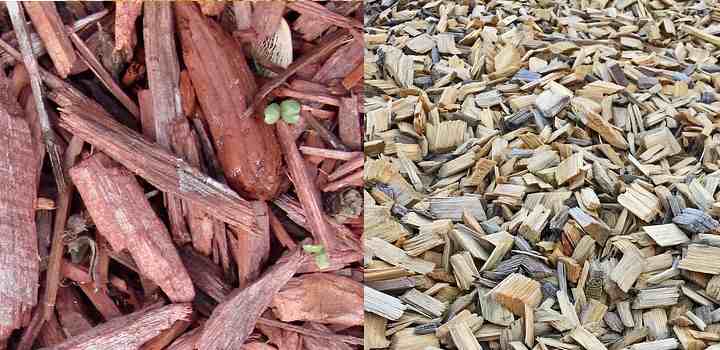
The most popular types of mulching products include organic mulch, such as wood chippings and shredded bark. Let’s take a look at the benefits and drawbacks of organic mulch.
Organic mulch pros
Excellent for healthy soil — Organic mulch offers the greatest benefit of all: it boosts soil health. Mulching around trees, shrubs, and flowers benefits plants in studies by increasing their health. Wind, water, and compaction are all prevented by mulch.
Moisture retention — Mulching helps to keep moisture in the soil by reducing groundwater evaporation. You’ll spend less time watering your yard because less evaporation occurs.
Organic-rich soil — When organic matter like straw and wood chip chips breakdown, they contribute essential nutrients to the soil. Plants may flourish and become resistant to illness with the help of these nutrients.
Fewer weeds — Mulch suppresses weeds, according to studies. You have to spend less time weeding because you have fewer weeds. Since they aren’t competing for space, fewer weeds provide your plants with more room to grow.
Even soil temperature — Organic mulch helps to maintain an even temperature in the soil, which is another reason for using it. In the summer, a layer of mulch helps keep the earth cooler, and in the winter it helps keep it warmer.
Organic mulch cons
High cost — It might be difficult to afford mulching your floral beds and tree regions with organic matter. You may have to replace the mulch every one to four years depending on the type.
Flowers may bloom later — You may find that flowers take longer to appear if you mulch all year long in your yard. Soil takes longer to heat up in the spring, and plants grow at a slower pace as a result.
Mulch can stress plants — Mulching may stress out plants if you don’t apply it properly. Mulching too much may harm plant development and cause stress, for example.
Pros and Cons of Rocks in the Garden

For mulching, the great majority of items are inorganic and composed of minerals. Rock mulch, on the other hand, has several drawbacks and can’t be used in all yards. Let’s explore the benefits and disadvantages of rock mulch in depth.
Rock mulch pros
Less maintenance — Rocks are a low-maintenance mulch option that can be used in the garden.
Fire and wind-resistant — If you live in a location with wildfires, pebbles and stones are an excellent choice for your yard. They can help protect plants by never burning. Pebbles or decorative stone chips, unlike organic mulch, will not blow away.
Low cost — Because you never have to replace it, rock mulch is a excellent low-cost option for garden mulch.
Rock (inorganic) mulch cons
No plant benefit — Rocks are merely for aesthetic purposes and don’t offer any nutrition to the land.
Inadequate weed prevention — Inorganic mulch encourages weeds to grow. Weeding is more difficult because of the nature of rock mulch.
Poor soil temperature control — Rocks may influence the soil’s heat at high temperatures. Stones get hot in the summer, causing them to dry out and potentially harm plants.
Difficult to remove —It may be difficult to get rid of all the stones if you decide to alter your garden landscape. It is difficult to remove rock mulch, particularly fine pea gravel.
Alter soil pH — Most plants need acidic soil to survive. Rocks, on the other hand, tend to make the soil more alkaline. As a result, rock mulching may make it difficult for sensitive garden plants to thrive.
The Best Mulch Alternatives
You can now make an informed decision about how to care for your garden after you’ve learned the benefits and drawbacks of using organic and inorganic mulch. Let’s take a closer look at the different mulch alternatives. Here are some of the most effective mulch substitutes available.
Rock Mulch
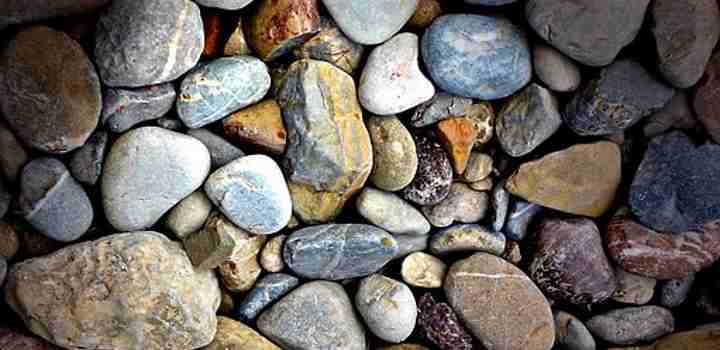
Rocks are one of the most commonly used organic mulch replacements. Pebbles, pea gravel, pumice rocks, or stones may be added to a garden landscape as a decorative layer. While weeds can be suppressed for a period using rock mulch, they eventually grow through it.
Stone chips are an effective option for a low-maintenance, minimalist garden because they are less expensive than mulch. It’s important to plan your garden before using rock mulch as a cheaper alternative. If you alter your yard layout, rocks do not degrade and are difficult to remove.
Since stones lack nutrients, you’ll also have to fertilize plants covered by stone mulch on a regular basis.
Crushed Shells

Another option for replacing ordinary wood chips is crushed shells, which are another popular mulch. A garden can be brightened up with a layer of crushed shells. Between paving, flower beds, or as pathway or driveway edging, they also look nice. Because they don’t retain as much heat in the summer, crushed shells might be preferable to rocks.
Calcium is added to the soil by crushed shell mulch, which decays slowly. Several plants may be allergic to calcium-rich soil. As a result, you must put plastic sheeting beneath the seashell mulch to prepare the soil. Shells may be a free mulch option for people living near the coast, in comparison to purchasing rocks or stones.
Just collect enough shells, clean off the salt buildup, smash them up, and mulch your flower beds or around trees.
Pine needles

Another mulch option that you may employ is a layer of pine needles in your garden. Fresh or dried pine needles are examples of this form of organic mulch, also known as pine straw. Pine needle mulch is a lovely addition to plant beds and helps to prevent moisture loss.
The pine needles of a one- or two-inch (2.5 – 5 cm) layer provide insulation to plants from cold and keep the soil from becoming too warm in the summer. Additionally, pine needles are acidic, which makes them ideal for alkaline soil.
Roses, tomatoes, chrysanthemums, gardenias, and holly are among the best plants to mulch with pine needles. Fresh pine mulch provides a lovely aroma in addition to being an superb replacement for wood chips. When using pine straw as a mulch, it’s important to remember that it’s not dog-friendly.
If your pet dog consumes pine needles, they might harm its stomach lining, which is unattractive. As a result, it’s preferable to use a different mulch if your pet dog prefers playing in the yard.
Cocoa bean hulls

Cocoa bean shells do the same job as typical mulch and are a excellent alternative for bark chips. Mulch made from cocoa beans helps to retain moisture, maintain soil temperature, and combat weeds. Moreover, cocoa bean hull mulch gives your yard a lovely hue and fragrance. This organic mulch, like pine needles, may be harmful to animals. If you have dogs in your yard, try other mulch replacements.
Compost

At the same time, adding nutrients to soil and forming a protective layer with organic compost is a great idea. Composting is simple, and it provides you with an endless source of rich organic matter for your yard. Compost that is rich in essential minerals and nutrients helps retain moisture in the soil, enriches plants and trees.
Compost is a low-cost, if not free, alternative for mulch. One of the benefits of using it is that it’s a cost effective. When you apply compost to flower beds, vegetable gardens, or around trees, plants grow quicker and healthier. Organic compost has a distinct odor that may be unpleasant. Additionally, the soil may become too acidic if too much of this natural fertilizer is applied. To avoid weeds from forming, check the compost for seeds.
Landscape fabric
Landscape fabric is one kind of inorganic mulching solution. Weed barriers made of this type of plastic are often utilized. If you employ rocks or pebbles as a substitute, you may additionally utilize landscape fabric to manage weeds. Landscape fabric does not offer any nutritional benefits for the soil, despite claims that it may help with some insect control.
Landscape fabric is unattractive and will wear out in bad weather. Gardening practices such as digging, weeding, and planting flowers may easily damage landscape fabric. It may be more costeffective to replace bark chips with landscape fabric. Although it’s not as appealing, it is more environmentally harmful, and it requires more effort to dispose of.
Straw mulch
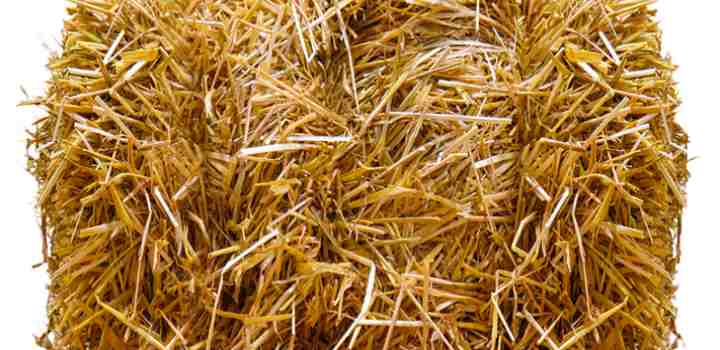
Straw or hay can be a cheaper and alternate form of mulch if you need to cover a large plot of land with mulch. Straw controls weeds, retains moisture, and supplies soil with needed nutrients, all of which is essential for good mulch. If you need to mulch a vegetable patch, straw or hay might be especially helpful. Vegetables thrive on the nutrients in dried organic matter. As a result, straw mulch is a great option for a low-cost and efficient mulch.
Cardboard
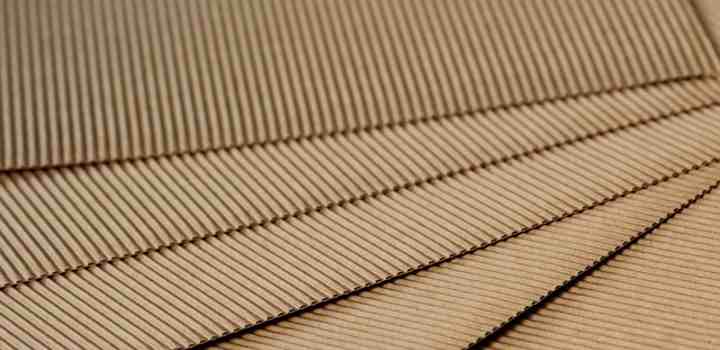
Remember that you can replace mulch with cardboard and carton, which are organic materials. When mulching a yard, you may save money by using shredded cardboard or a layer of cardboard. This multipurpose, low-cost gardening mulch may be utilized in a similar manner to landscape fabric, but without the chemicals. Cardboard releases nutrients back into the soil because it decomposes.
To prevent the cardboard from blowing away in the wind, it is best to use cardboard as a base layer under heavier mulch, such as rocks or stones. You can also incorporate different types of mulch into cardboard or carton. You may extend the life of a conventional mulch pack by adding it to wood chips or bark shavings.
If you want to utilize this sort of low-cost mulch, there are a few things to remember. Chemicals may harm your plant if you use cardboard that has been treated. Color-induced ink damage to plants has also been documented. As a result, it’s best to investigate for an alternate if you’re unsure about this inexpensive mulch.
Cheap or Free Mulch
Mulching can cost a lot of money if you have a huge garden to manage. As a result, it’s always a good idea to check for free or inexpensive alternatives. You not only save money, but you may also reutilize or recycle certain trash items. This is a method to reduce the quantity of garbage that ends up in landfills while also protecting the environment.
What are the best mulch types that cost nothing or close to nothing? Here are three free mulch options to choose from:

Leaves — If you have to rake leaves in the autumn, there’s an abundance of free mulch available. Leaves act as a protective layer over the soil, holding moisture and protecting plant roots against frost. It is preferable to shred your leaves before placing them on your flower or vegetable patch, as it helps to keep them from blowing about in the breeze. Just run your lawnmower over the leaves to pulp them. That’s all you have to do. In your garden, you can use shredded leaves as mulch.

Grass clippings – You have a great deal of free organic mulch after mowing your grass. You can put grass clippings on the places you want to mulch right away, since they are packed with nutrients. Most people, on the other hand, use grass cuttings as mulch before preparing them. Before spreading out grass cuttings, allow them to dry out. This prevents the material from decaying quickly and producing too much heat. Lastly, use it around the roots of trees or on your flower beds and vegetable patches.
Newspapers – Another option for free mulch for yard plants is to use recycled newspapers. Similar to landscape fabric, you may place down layers of newspaper to keep weeds at bay. You may alternatively add shredded newspaper to regular mulch. Recycling paper waste while improving soil health is a fantastic combination with mulching with newspapers. Only black ink should be used in newspapers.
